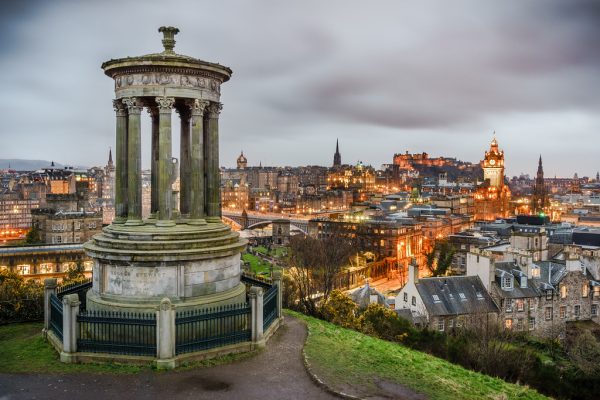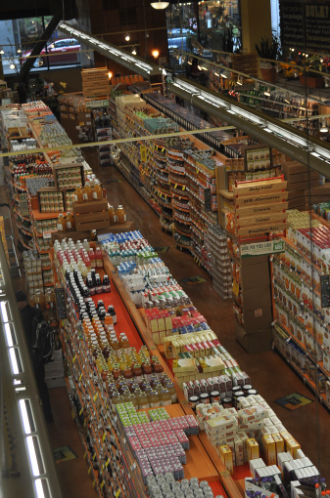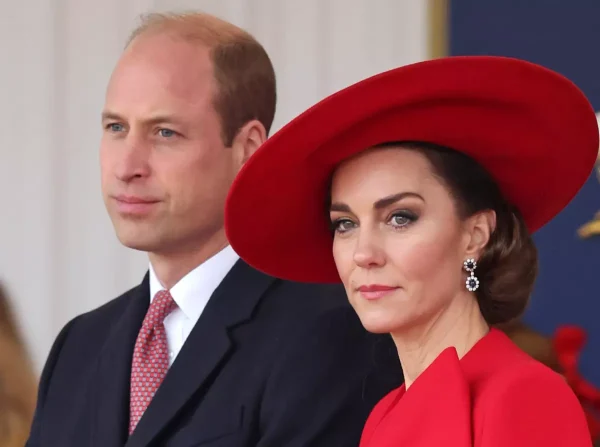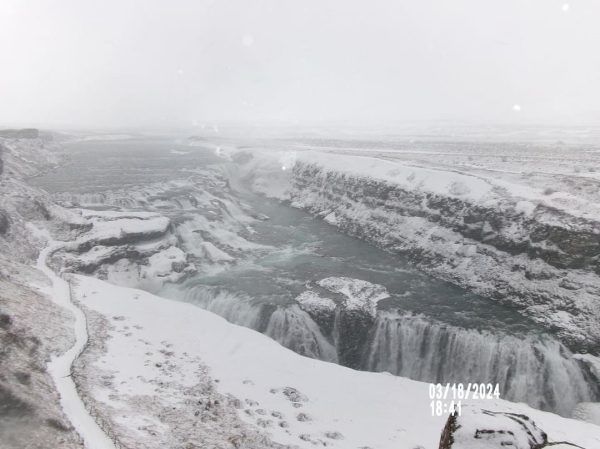Climate Change is Wrecking Our Earth
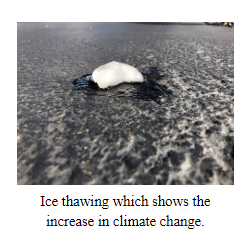
Planet Earth is suffering as climate change is negatively affecting our oxygen, food, water, and environments.
The main components that we are focusing on are the factors that cause climate change, the life-long effects, the recent issues such as tree or plant loss, and thawing ice glaciers. Not only does this affect us humans, but it also affects millions of other animals and plants. This would result in the major loss of biodiversity, leading to the extinction of millions of species. Beginning with the 20th century, scientists have been keeping records of temperatures over the years. It is shown that the current Earth temperature has increased by 0.85 degrees Celsius. An AP environmental science teacher from Pennridge High School, Sabrina Bates, informs that the “Arctic is most affected; the warmer temperatures increase the spread of invasive animals, plants, and diseases.”
As we look to Australia’s recent bushfires, up to 11 million hectares have been incinerated. Statistics show that approximately one billion animals have been wiped out, following along with the destruction of over 2,500 homes. When wildfires occur, it emits twice the greenhouse gases into the atmosphere. This will worsen the air quality and make it difficult for humans and animals to breathe. Bates warns us about the crucial effects and says, “Animals will face mass extinction, coastal cities will face frequent flooding, intense storms, and potential for a lot to go wrong.” Despite the fact of the disastrous crisis going on, Bates believes in “human ingenuity.”
As you may know, Earth’s temperature is increasing and heating. As a result of that, the Geophysical Journal International claims that “the melting of the ice adds 2.6 percent into our ocean waters.” Currently, the coasts of Georgia are facing a rising sea level crisis. Each year, the waters rise at least two inches more while their land is eroding and sinking based on the sea level rise studies. The Arctic’s increasing temperatures and melting ice glaciers would abnormally change the currents and the temperatures circulating globally. Ice and glaciers have melted in the Arctic’s ice cap, leaving only 1.32 million square feet left. This effect will bring in many disadvantages to the species that live in the Arctic, such as songbirds. Songbirds play an important role in insect control and pollination.
In order to diminish the long-lasting effects of climate change on our environments, Zoë Swartley, a student of Pennridge High School, says, “I’ve cut many single use items from my life including straws, paper plates, plastic Ziploc bags, etc. I also shop less and don’t buy things I don’t need.” By doing that, Swartley says she saves “hundreds of products from being tossed into landfills.” Anyone can help to weaken the climate change effects, Bates says, “alleviate burning of fossil fuels by using LED lights and investing in renewable energy.” Eating vegan or vegetarian every once in a while, growing your own food, buying organics, turning off water when not in use, and unplugging unused electronics can progressively lead to a positive change if we can contribute one by one together.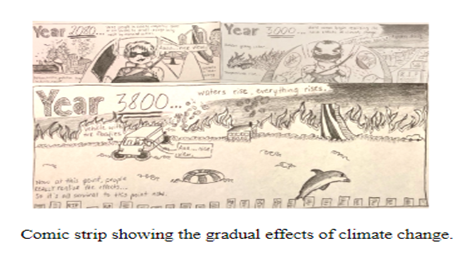
Grade 12
Interests: Drawing, mobile gaming, biking, badminton, rollerblading, and dish washing
Goals: To get a career in science and art and work...
